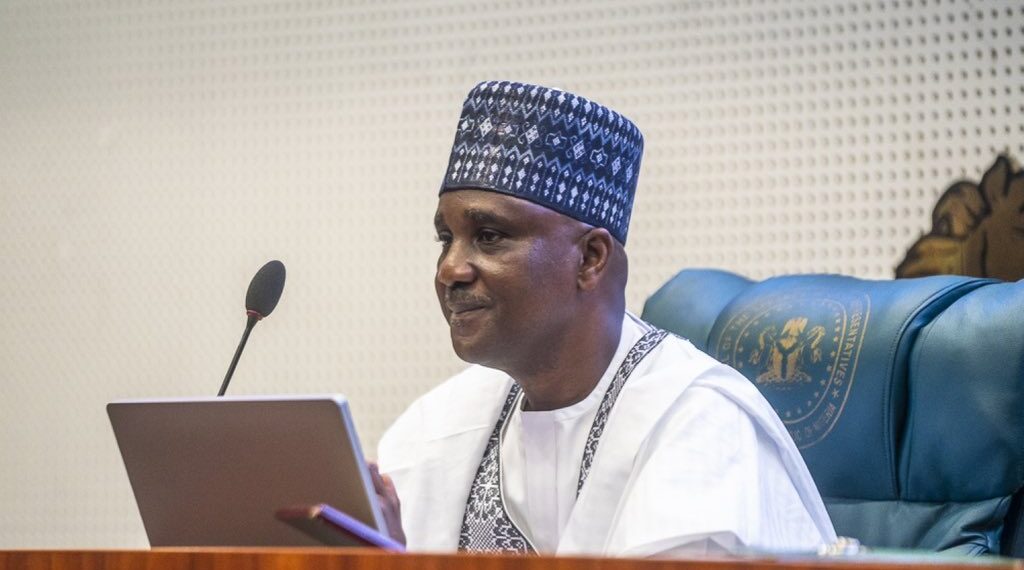The Peoples Democratic Party (PDP) has been hit by a wave of defections, with a fourth representative recently crossing over to the ruling All Progressives Congress (APC). This latest defection underscores the ongoing internal strife within the PDP and highlights the challenges the party faces in maintaining unity and presenting a cohesive opposition front. While the PDP leadership has downplayed the impact of these defections, they represent a significant blow to the party’s morale and raise concerns about its ability to effectively challenge the APC in future elections. The defections are driven by a complex interplay of factors, including personal ambitions, political maneuvering, and perceived grievances with the PDP’s internal dynamics.
The defections are not isolated incidents but rather symptomatic of deeper issues plaguing the PDP. The party has been grappling with internal power struggles, factionalism, and allegations of corruption, which have eroded public trust and contributed to its declining electoral fortunes. The recent defections exacerbate these issues, further weakening the party’s structure and raising questions about its long-term viability. The PDP’s inability to effectively address these internal challenges has created an environment where individual politicians feel compelled to seek alternative platforms to advance their careers. This exodus of experienced politicians further depletes the party’s ranks and hinders its ability to articulate a clear and compelling vision for the country.
The departing representatives have cited various reasons for their defections, ranging from dissatisfaction with the PDP’s leadership to a desire to work with the ruling party to deliver development to their constituencies. While these justifications may hold some merit, they also reflect a broader trend of political opportunism, where politicians prioritize personal gain over party loyalty. The APC, with its control over federal resources and patronage networks, presents an attractive destination for politicians seeking to enhance their political influence and access opportunities for personal enrichment. This dynamic further weakens the PDP’s ability to hold the ruling party accountable and effectively represent the interests of its constituents.
For the APC, the defections represent a strategic victory. By absorbing disgruntled PDP members, the ruling party further consolidates its political dominance and weakens the opposition. These defections also serve to legitimize the APC’s narrative of national unity and progress, portraying the party as a broad-based movement capable of attracting support from across the political spectrum. However, the influx of new members from the opposition also presents challenges for the APC, potentially exacerbating internal competition and creating new fault lines within the party. Managing these internal dynamics will be crucial for the APC to maintain its cohesion and effectively govern.
The PDP’s response to the defections has been largely reactive, focusing on minimizing the impact of the departures and downplaying their significance. The party leadership has accused the departing representatives of betrayal and self-interest, while emphasizing the party’s resilience and its commitment to rebuilding. However, these pronouncements have failed to resonate with a disillusioned electorate and have done little to stem the tide of defections. The PDP faces a critical juncture, requiring a fundamental reassessment of its strategies and internal structures if it hopes to remain a relevant political force. The party must address the root causes of its internal divisions, rebuild trust with the electorate, and articulate a compelling vision for the nation’s future. Failure to do so will likely consign the PDP to the political margins.
Looking ahead, the ongoing defections from the PDP to the APC have significant implications for the Nigerian political landscape. They underscore the fluidity of party allegiances and the increasing dominance of the ruling party. The PDP’s weakened state raises concerns about the effectiveness of the opposition and the potential for a one-party system to emerge. A robust and vibrant opposition is essential for a healthy democracy, providing a check on executive power and ensuring accountability. The PDP’s struggles raise questions about the future of multi-party democracy in Nigeria and the ability of the opposition to effectively challenge the ruling party. The party must undertake a comprehensive reform process, addressing its internal weaknesses and rebuilding public trust, to remain a relevant force in Nigerian politics. The continuing wave of defections serves as a stark warning of the challenges facing the PDP and the need for urgent action to revitalize the party.


